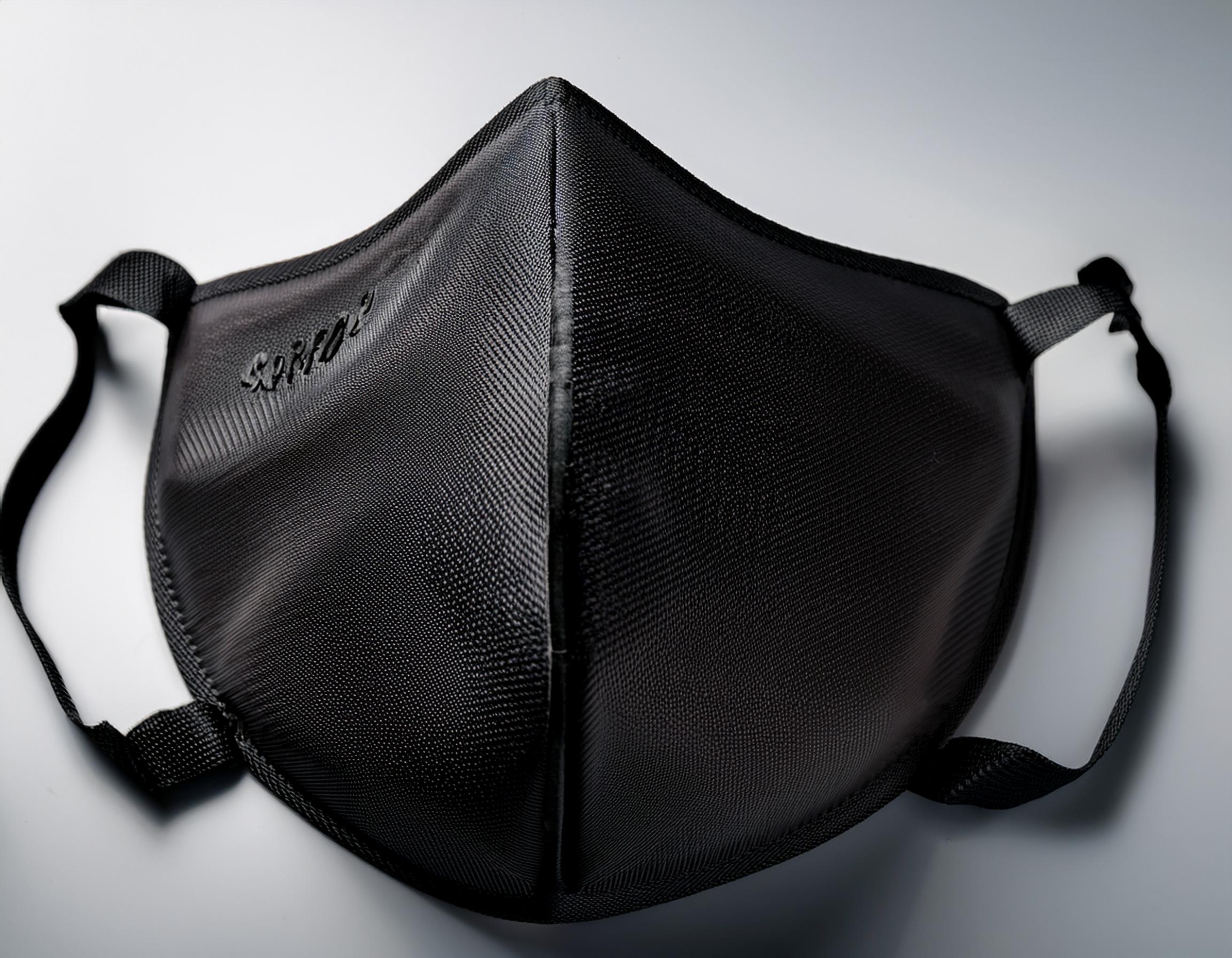How Does Air Pollution Pose a Serious Risk to Human Health

Air pollution is an invisible threat affecting millions of people worldwide. As cities grow and globalization continues rapidly, air quality is an increasingly pressing issue for public health, environmentalists, and citizens.
But what exactly is air pollution, what are the risks to human health, and what steps can be taken to protect human health? This article explores the serious issue of air pollution and how it can be managed.
What is air pollution?
Air pollution is the name given to harmful substances appearing in the air we breathe. Many of these pollutants are human-made and include:
- Particulate matter (PM2.5 and PM10)
- Nitrogen dioxide (NO2)
- Sulphur dioxide (SO2)
- Ozone (O3)
- Carbon monoxide (CO)
- Heavy metals
As global urbanisation continues to increase rapidly, these pollutants are becoming more widespread in the atmosphere. As a result, health concerns in these areas are growing equally fast.
The health risks of air pollution
The health risks of exposure to air pollution can be split into short and long-term effects. Let’s explore these in more detail:
Short-term health effects of air pollution
Exposure to pollution, even for short periods, can lead to immediate health issues. While often minor, they can impact an individual’s quality of life and productivity, especially in areas with heavy smog, such as Pakistan and the Delhi-NCR region. Common short-term issues include:
- Respiratory issues such as coughing, wheezing, or shortness of breath
- Stinging and watering of the eyes and nasal irritation
- Headaches and dizziness caused by carbon monoxide
- Aggravation of existing conditions like asthma
Long-term health risks of air pollution
Meanwhile, chronic exposure to air pollution poses severe and lasting health risks that can reduce life expectancy and diminish someone’s quality of life.
Long-term effects include:
- Respiratory diseases such as chronic obstructive pulmonary disease (COPD) and lung cancer
- Increased risk of cardiovascular conditions such as heart attacks and strokes
- Neurological conditions such as dementia and Alzheimer’s
- Reproductive issues such as premature birth and low birth weights
- Other forms of cancer
Vulnerable populations: Who is most affected by air pollution?
While air pollution affects everyone, some parts of the population are more susceptible to its harmful effects. The most vulnerable people are:
- Children – Air pollution can damage children’s developing lungs, creating long-term respiratory issues such as asthma.
- Elderly – Older adults with pre-existing and chronic health conditions are at high risk of pollution-related issues exacerbating their problems.
- Pregnant women – Exposure to air pollution can put pregnant women and their unborn children at risk
- Low-income communities – Communities within high-pollution areas are often lower-income, meaning inhabitants face disproportionate exposure and higher health risks.
Economic and societal benefits of cleaner air
Addressing and improving air quality could bring significant economic benefits worldwide, particularly in badly hit areas like Pakistan and Delhi. Reducing smog and improving air quality could drive enormous economic and societal benefits.
These include:
- Improved public health reduces strain on the healthcare infrastructure.
- In addition, fewer air pollution-related health conditions reduce healthcare expenses for individuals and regional and central government
- Achieving World Health Organization (WHO) guidelines could save the global economy billions of pounds annually. For example, the UK economy alone could benefit by £1.6 billion.
However, the key benefit of clean air will be access to an enhanced quality of life for millions of global residents.
The role of commercial air filters in protecting health
According to the US Environmental Protection Agency (EPA), indoor air pollution is often between two and five times greater than outdoors. At its worst, it can be up to 100 times more harmful than the open air.
This increasing awareness of air pollution’s public health risk is leading many businesses and public spaces, such as shops and malls, to explore commercial air filters. In addition to protecting those working, shopping, and staying in these spaces, air filters offer several other benefits.
For example:
- Commercial air purifiers can reduce natural and man-made allergen levels by up to 85%. This allows people to enjoy a safer and cleaner environment
- Removing airborne contaminants and pollutants creates a healthier environment for workers and visitors
- Working in a cleaner air environment leads to fewer sick days and improved productivity with less cognitive disruption.
As you can see, using high-quality air filtration technology and other energy-efficient solutions within commercial spaces in areas like Pakistan and Delhi-NCR offers inhabitants critical protection against the harmful effects of outdoor air pollution.
The final word
Air pollution continues to pose serious risks to human health worldwide, creating short-term issues and affecting long-term health outcomes. The impact of polluted air can be severe, ranging from respiratory irritation to chronic diseases and increased mortality rates.
Using energy-efficient air filtration systems within commercial spaces can help improve air quality for workers, shoppers, and visitors, leading to significant health, societal, and economic benefits. Removing harmful pollutants from the atmosphere reduces the strain on healthcare systems while improving health outcomes for individuals.
In addition, employees are more productive, boosting output and the local and global economies while enjoying less time off work through sickness.
While improving air quality requires a concerted effort from public health and governmental agencies, if you’d like to learn more about how commercial air filtration can help provide cleaner air to your space, contact us today for a consultation.
